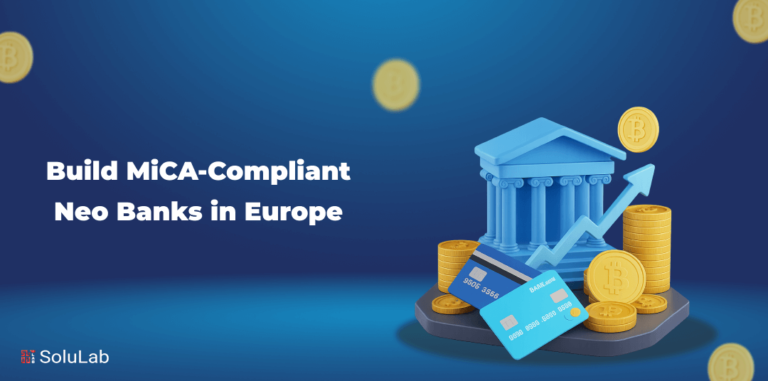This article discusses the importance of blockchain in insurance sector. Is the technology ripe enough to enter insurance ecosystem? The important challenge of all insurance companies is to eliminate false claims and ensure that insurance money reaches for appropriate true purposes.
According to Disruptor Daily, around the year 2015, the casualty in fake claims and property damage resulted in the insurance industry to spend more than USD 520 billion.
According to Disruptor Daily, Directors of Personal Watercraft Forum state that the expense of insurance industry will increase by 35%. And, it will remain the same until a positive technology disrupts it within the next 5 to 10 years.
Many startups such as Surety.AI, Medishares and Poleecy have realized the importance of blockchain in insurance and have started incorporating blockchain technology within their insurance transactions.
Blockchain in the insurance ecosystem
Blockchain is a decentralized platform that does not require any central authority or third-party services to monitoring or control transactions. Traditionally, insurance industry has been facing challenges in protecting digital identity, authenticating insurance claims, tracing back insurance claim to its source for identifying if the claim is true or fake, etc. These are some of the reasons why blockchain is ripe to enter the insurance industry today and why blockchain can bring significant transformations.
Blockchain Use cases For Insurance Industry

Preventing fraudulent claims
According to Disruptor Daily, within the past few years, 48 states including Washington D.C in U.S.A have declared a fraudulent insurance claim of more than USD 80 billion every year. Because of this fraudulent claim, each family in the country is affected. And approximately USD 400 to USD 700 is charged unnecessarily on the family per year to meet out the total country’s fraudulent insurance claim.
With blockchain, these fraudulent activities and claims can be stopped by using smart contracts as a method of identity verification and authentication. With smart contracts, the insurer and the customer can track all transactions in real-time and also the insurer will be notified of any critical incident that has occurred to the customer in real-time. This allows the insurer to observe and detect repetition in claims to stop offenders.
Speed up the process of processing of insurance claims and policy creation
One of the major challenges is the time taken to authenticate and authorize insurance claims for customers. Because of multiple middlemen intervention and third-party banking services, typically insurance enterprises had to follow huge procedures before releasing any insurance money. The process of going through different management levels. Attaining different permissions from different personnel takes a lot of time. It may even take days, months before the insurance claim is authenticated.

With blockchain technology in insurance industry, say goodbye to the long process and waiting or queueing time for processing insurance claims. Using blockchain, the insurer and the customer can connect directly and stay connected at all times without any central authority. Thus, the insurer is always informed of the customer activities. Hence, they do not have to waste time in getting to know the details of any incident occurred with the customer. Distributed ledger of blockchain helps insurance companies to protect and share information without any limitations.
Streamline insurance interaction with customer routine
Exchanging false and fake information is one of the major disruptors in insurance industry. Traditionally, this results in various consequences. This is because data were documented in the form of paper too and the chances of information getting lost in paper storage were higher. But, with blockchain in insurance all these challenges are eliminated.
With blockchain, the customer details are directly tied up to the details of the insurer over a decentralized platform. On decentralized platform, data manipulation is impossible because of the immutable data encryption. Thus, the insurer is able to organize their data and in turn streamline their operations. Customers are also able to streamline their insurance payments with automation using advanced technology by integration blockchain with IoT.
Enhanced security for managing data
Decentralized ledgers that operate using blockchain has the capacity to collect, store and distribute data amongst necessary personnel. With blockchain, every customer can start a transaction of their own within their peer system where they can store their personal data and also schedule their insurance payments.
Every single data along with the customers identity is encrypted with blockchain. Encryption ensures that each customer is given a unique decryption key. Without this key, no one will have access to what is stored. This enhances the viability and credibility of information stored. And, it also provides authenticated proof of identity for the insurer as well as the customer.
Micro-insurance helps the needy
Traditionally, people and families with lower income had lower chances of insuring their property or themselves. This is because of the border limitations or the huge insurance amount that the families had to pay every month. Today, the potential of insuring low-income families has become easier as blockchain provides borderless microinsurance’s at a lower cost.
According to Disruptor Daily, microinsurance agencies that use blockchain will benefit more than 4 billion low-income people within the next couple of years.
Conclusion: Blockchain enhances the trust in insurance industry
There are few blockchain based projects that improve the insurance policies and speed up all operations. Some of those projects are Everledger, SafeShare Global and Etherisc. Blockchain prevents fraud, increases customer experience, improves the efficiency of insurance claiming process. Blockchain Technology in insurance industry helps various sectors with its benefits in insurance. Some of those sectors are healthcare, law & order, intellectual property, etc.




